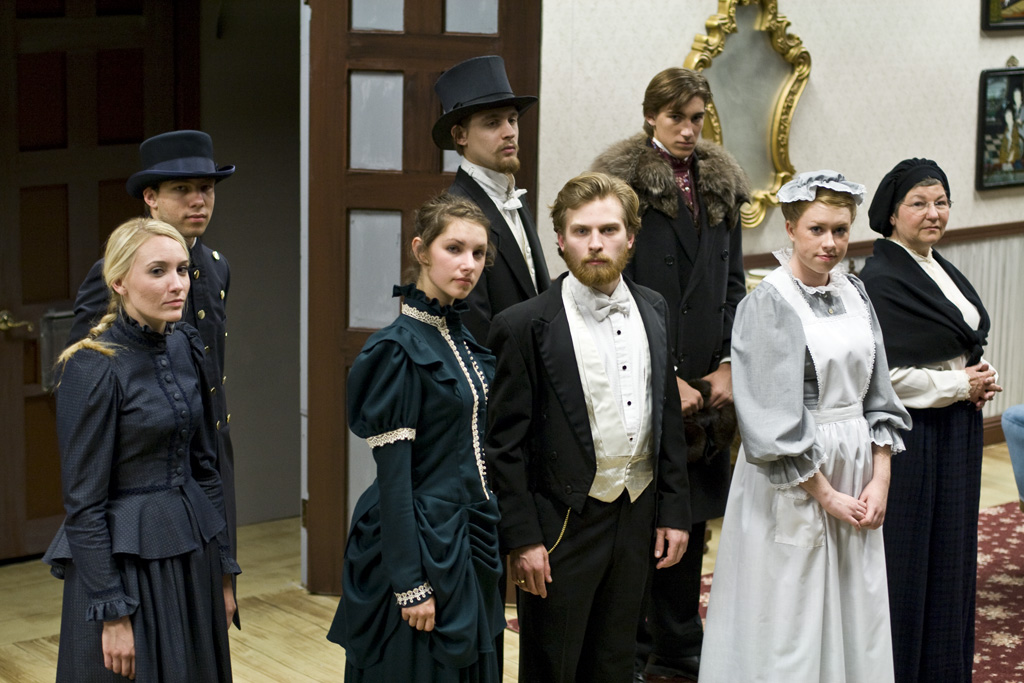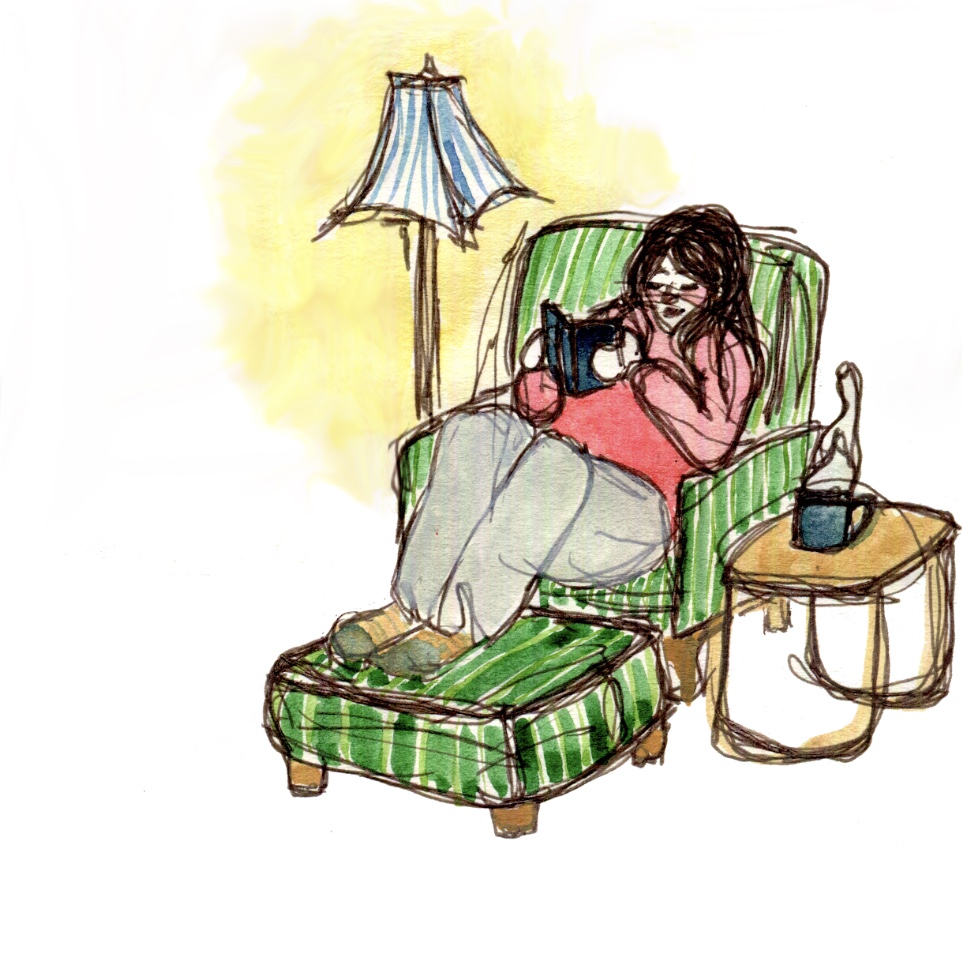Biola Theatre 21 is currently presenting “A Doll’s House,” written by Norwegian playwright Henrik Ibsen. First produced in 1879, this play is still relevant in the 21st century. According to director Forrest Robinson, the reasons for the production of this play over others are multifarious.
“I wanted to do it for a long time because it is a really important play that changed the theatre company,” said Robinson. “There is no longer a protagonist to the story and it evokes discussion.”
Play intentionally lacks a protagonist
The play centers on a seemingly happily married couple, Torvald and Nora Helmer. Nora’s small acts of defiance in the first two acts foreshadow her ultimate defiance against her husband and society standards.
Nora, played by sophomore communications major Tessa Myers, is depicted throughout the entire play as a childish doll that depends on Torvald, constantly seeking his approval. As a result, she is not deemed the protagonist, although her defiance of social norms is an integral aspect to the play’s naturalism.
However, the possibility of Torvald taking the protagonist’s role is unlikely due to his misconstrued perception of his role in society. Considering himself the epitome of the good husband expected in those days, he takes his fatherly duties toward Nora and her dependency on him as confirmation that he is a loving husband, when in actuality he is quite the opposite.
Ibsen’s theme relevant today
Robinson said that although the roles of members of society have changed, we should not forget what has happened in the past.
“Ibsen said truth changes every 15 to 20 years; there is never a solid truth but we should look back at these classics and not forget what has shaped our culture now,” said Robinson.
Junior Austin Reed finds this play still pertinent not only in today’s society, but at Biola.
“In today’s Biola mindset, the idea of women submitting to their husbands to such a degree still exists; like a man playing with a doll.”
Sophomore Lydia Gardner on the other hand, finds the play to be relevant today for a different reason.
“It’s good to look at this play, especially in a college setting, because it is so different from our culture.”
Ibsen’s play tackles the normalities of his age, which is extremely controversial because of the accepted societal conduct. Appearances are proven to be one of the prevalent themes within the play.
When Nora commits forgery to save Torvald’s life, he responds by disowning her — not completely, but in his own house. That is to say, she is no longer his lover or wife, but merely a figurehead. He does this to avoid the disgrace and the judgment from others within his social order. Torvald becomes a clear picture of unjust male dominance.
Play a natural choice to produce
Robinson saw that this play was on many professors’ syllabi, and thought it would be a good tool for students who are required to read this play.
Open auditions for this production were held in late August through early September. Having previously worked with the two leads, Robinson was able to anticipate the chemistry of the cast on and off stage.
Sophomore Hillary Batchman appreciated the selection of the cast.
“The characters were amazing. You could definitely see the development of each character, which allowed me to become really invested in it,” said Batchman. “I almost wished it was longer.”
Gardner, who is part of the stage crew, says that the crew is amusing and fun to be around.







